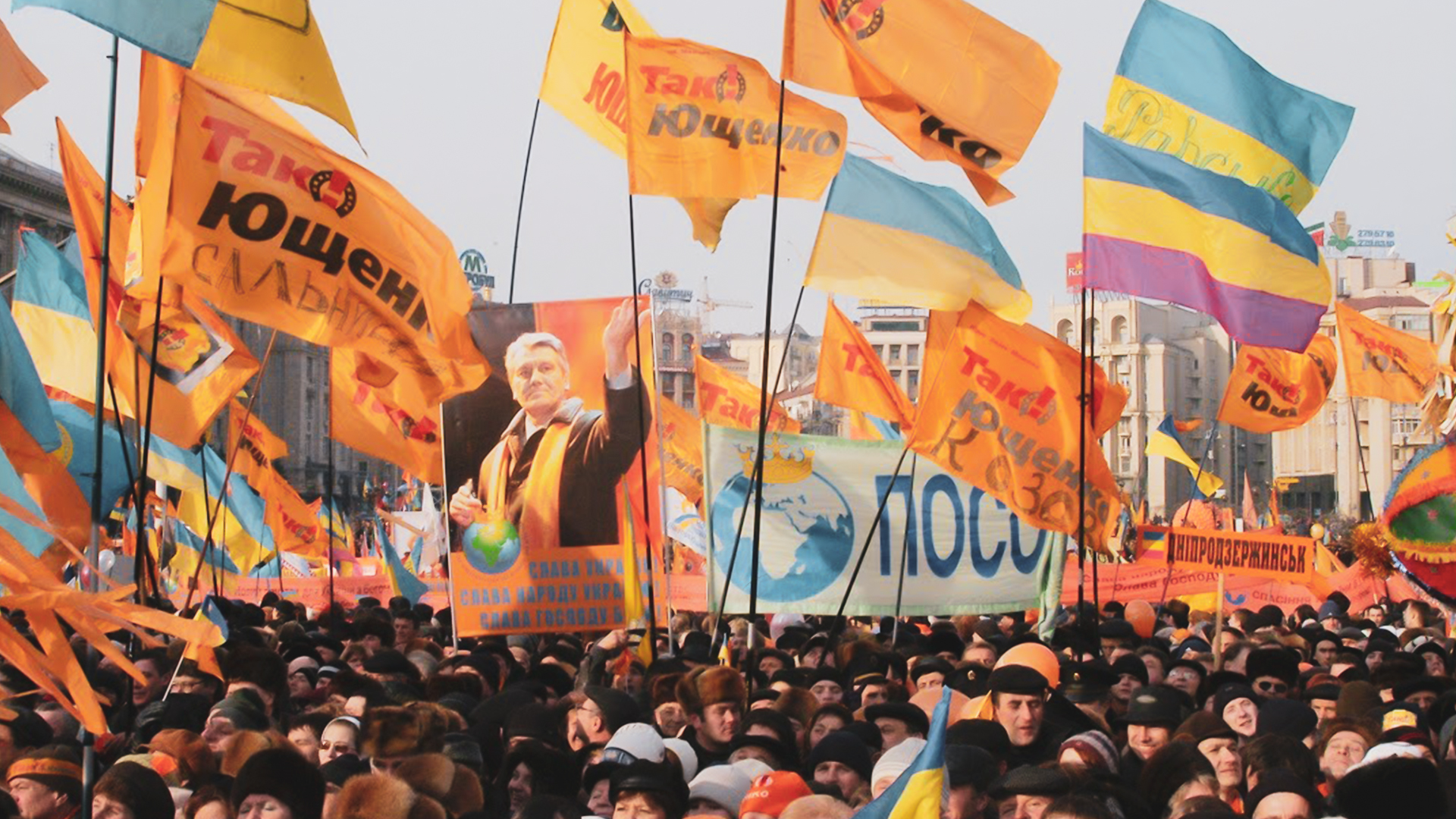
10 Protests That Changed The World
31.03.2022
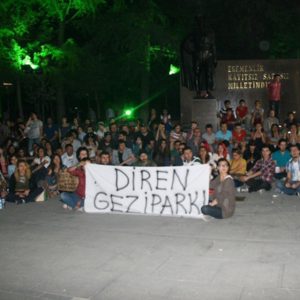
10. Gezi Park Protests, Turkey (May-August 2013) : In May 2013 a small group of people staged a sit-in protest against development plans for Gezi Park, Istanbul. When police violently evicted them, the outrage led to protests across the whole of Turkey against Recep Erdoğan’s authoritarian and anti-secularist policies. Three and a half million people protested, 8000 were injured and 22 killed, but Erdoğan stayed.
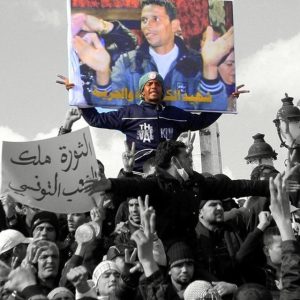
9. The Arab Spring (2010-2012) : In December 2010, a Tunisian fruit seller named Mohamed Bouazizi set himself on fire in protest at his handling by police. He later died in hospital. This lit the match which set off huge protests in Tunisia and all over the Arab world, toppling dictators such as Egypt’s Hosni Mubarak, and leading to civil uprisings. However, since then many Arab nations have only seen more turmoil and unrest, leading some to question whether the protests were successful.
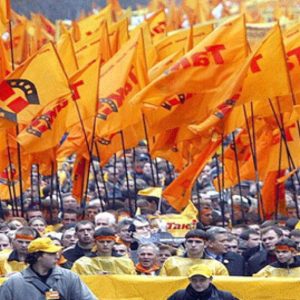
8. The Orange Revolution (November 2004 – January 2005) : In late 2004 in Ukraine’s capital Kiev, thousands flooded the streets to protest the results of the rigged presidential election. Protests continued for 12 days through sleet and snow, until finally a new election was called, and under intense scrutiny the opposition won. The opposition party colour was orange, hence the ‘orange revolution’.
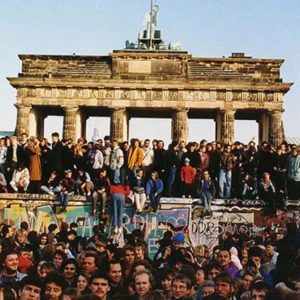
7. The Monday Demonstrations (October-November 1989) : On Monday October 9th, hundreds of people in Leipzig gathered to protest against the weakening East German communist regime. Protests grew and continued every Monday all over the country, until the Berlin Wall came down on November 9th.
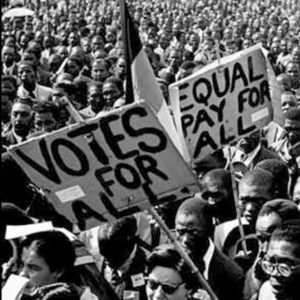
6. South Africa’s National Day of Protest (26th June 1950) : In this protest, organised by Nelson Mandela and others against South Africa’s apartheid government, workers stayed at home for the day. It was so effective that it was used several times in the next decades, eventually leading to the freeing of Nelson Mandela and the end of apartheid.
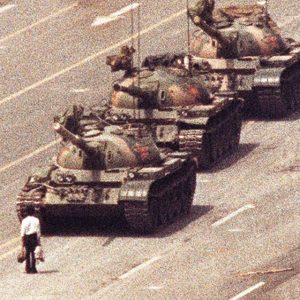
5. Tiananmen Square (April-June 1989) : In June 1989, over a million peaceful protesters were camped out in Tiananmen Square, Beijing, to protest against China’s ruling Communist Party. With no provocation, the army sent in tanks and troops and opened fire. To this day no one knows the true death toll and it is still a censored topic in China. A photo of 1 protester peacefully blocking a convoy of tanks became the symbol of the event.
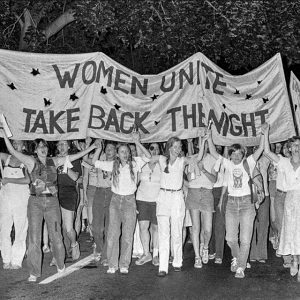
4. Take Back the Night (1970s) : Take Back the Night was started by feminist groups in America and the UK in the 1970s as a protest to call out violence against women and speak up for survivors of rape and domestic abuse. Marches still continue every year to this day.
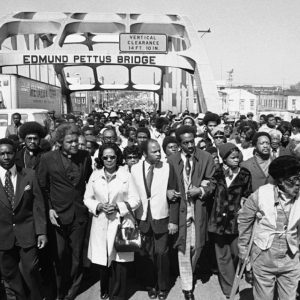
3. Selma to Montgomery March (March 1964) : Just a few months after delivering his famous ‘I have a dream’ speech to 200,000 supporters in Washington, Martin Luther King Jr. and 8,000 other activists marched the 50 miles from Selma to Montgomery in Alabama. They were met with huge police violence but their actions led to the Civil Rights Acts which outlawed discrimination and gave all black Americans the vote.
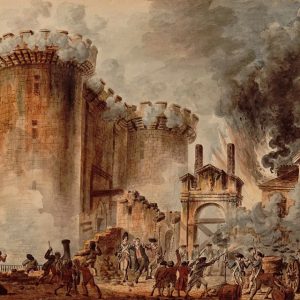
2. Storming of the Bastille (14th July 1789) : Not all protests are peaceful. In 1789 a mob of 900 Frenchmen stormed Paris’ Bastille prison, a symbol of the oppressive monarchy. Around 100 were killed before they succeeded and beheaded the prison’s governor. This started the French Revolution, transformed a monarchy into a republic.
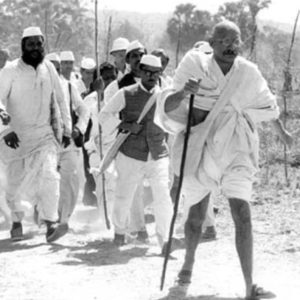
1. Gandhi’s Salt March (March-April 1930) : Mahatma Gandhi was a lawyer and anti-colonialist living in India under British rule. He lived by ‘satyagraha,’ a philosophy that fights injustice through nonviolence. In 1930, along with a small bunch of followers Gandhi set out to walk 241 miles to the sea in his ‘Salt march’, in defiance against high British taxes. His actions eventually led to India’s independence, and inspired peaceful protest movements worldwide.

